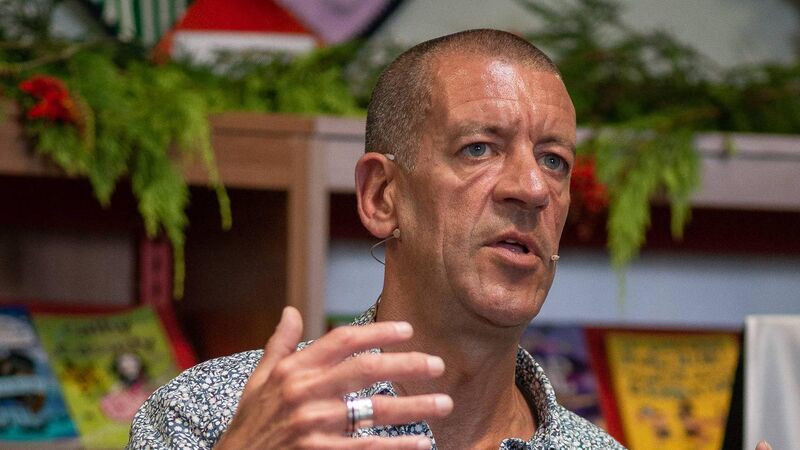Book review: Ireland’s many changes to the modern age

Diarmaid Ferriter deals with the decline in influence of the Catholic Church which forms another touchstone in a rapidly changing Ireland in 'The Revelation of Ireland 1995-2020'.
- The Revelation of Ireland 1995-2020
- Diarmaid Ferriter
- Profile Books, £25
BOOKS & MORE
Check out our Books Hub where you will find the latest news, reviews, features, opinions and analysis on all things books from the Irish Examiner's team of specialist writers, columnists and contributors.






